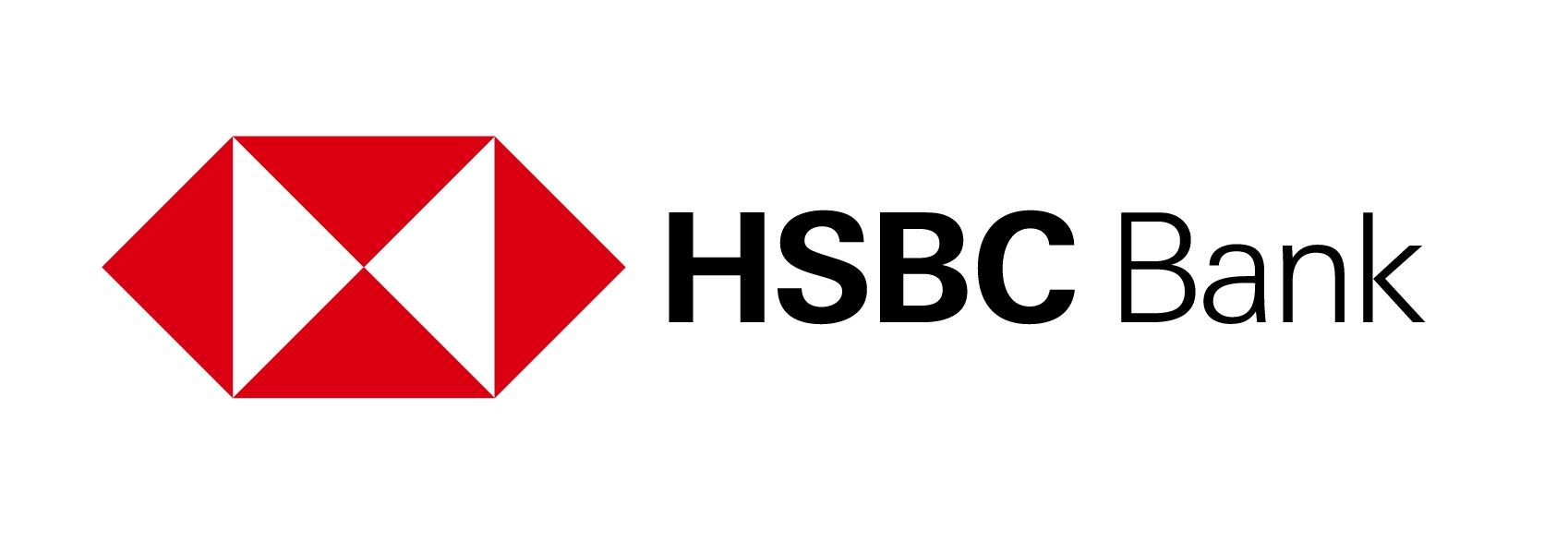Scenario of sluggish but still positive growth over the next two years will be the anchor that pins the new fiscal plan

Article content
Financial Post writers went back to their notebooks to set the scene for budget 2023. Contributor Theo Argitis observes that the federal government has given itself little cushion to absorb a tough recession.
Advertisement 2
Article content
Finance Minister Chrystia Freeland’s third budget since taking the job more than two years ago will easily be her most challenging.
Article content
Since Freeland last updated Canadians on the nation’s finances in November, the economic outlook has deteriorated slightly, particularly the picture for next year.
Article content
Interest rate hikes take some time to ripple through the economy, and won’t be fully incorporated into spending decisions by households and businesses until 2024. That means the drag on growth — and on government revenue — will probably be more significant next year than the government initially expected.
Spending demands, meanwhile, remain heightened; Freeland needs to find room for expenses the Liberals never even ran on in the 2021 election.
Article content
Advertisement 3
Article content
These include spending commitments to keep their junior governing partners, the New Democratic Party, supporting the minority government, as well as addressing the national imperative of matching generous climate transition incentives being dished out by the Biden administration south of the border.
That leaves Freeland with less oxygen as she tries to walk on the very fine tightrope of fiscal probity, in the middle of a global banking crisis and elevated economic uncertainty. The finance minister has been working hard to dampen her cabinet’s expectations for more spending, but we are likely to see looser purse strings on March 28 and a somewhat weaker fiscal trajectory, though one that should remain easily manageable.
Advertisement 4
Article content
The fiscal track Freeland laid out in November projected deficits of about one per cent of gross domestic product over the next couple of years with balance in sight within five years. It’s a respectable position. The federal government’s coffers have not only been helped by inflation-driven increases in nominal income, but its share of revenue from the overall economy has also risen in recent years.
Based on the November projections, the federal government expects its revenue as a share of GDP to settle at just over 16 per cent in the medium term — which is where it was in the early 2000s. It’s even possible we see some small tax increases again to drive revenue a bit higher, though any increases will likely be targeted at the corporate sector or high-income earners.
Advertisement 5
Article content
It’s a sustainable trajectory under most base-case scenarios projected by economists. Even a structural deficit of one per cent of GDP going forward isn’t likely to spook too many investors.
But Freeland is making two core assumptions that represent major risks. First, the government will assume — like most economists — there will be no major recession. A soft-landing scenario of sluggish but still positive growth over the next two years will be the anchor that pins the new fiscal plan. All bets will be off should a recession — or worse, stagflation — happen.
-

Industry lining up for green transition subsidies
-

Ottawa might buttress Canada’s defences against bank turmoil
-

3 things Bank of Canada told us about interest rates in March
Two, as David Dodge and Robert Asselin noted in a recent paper, the Liberals are assuming they will be able to keep spending growth below growth in nominal GDP over the projection horizon despite the recent surge in population. That will require a level of fiscal discipline we have yet to see from the Liberals to date.
Theo Argitis is a managing director at Compass Rose Group and a former Ottawa bureau chief for Bloomberg News.
Canada federal budget 2023: Freeland needs soft landing from inflation
2023-03-27 12:21:00








Comments
Postmedia is committed to maintaining a lively but civil forum for discussion and encourage all readers to share their views on our articles. Comments may take up to an hour for moderation before appearing on the site. We ask you to keep your comments relevant and respectful. We have enabled email notifications—you will now receive an email if you receive a reply to your comment, there is an update to a comment thread you follow or if a user you follow comments. Visit our Community Guidelines for more information and details on how to adjust your email settings.
Join the Conversation